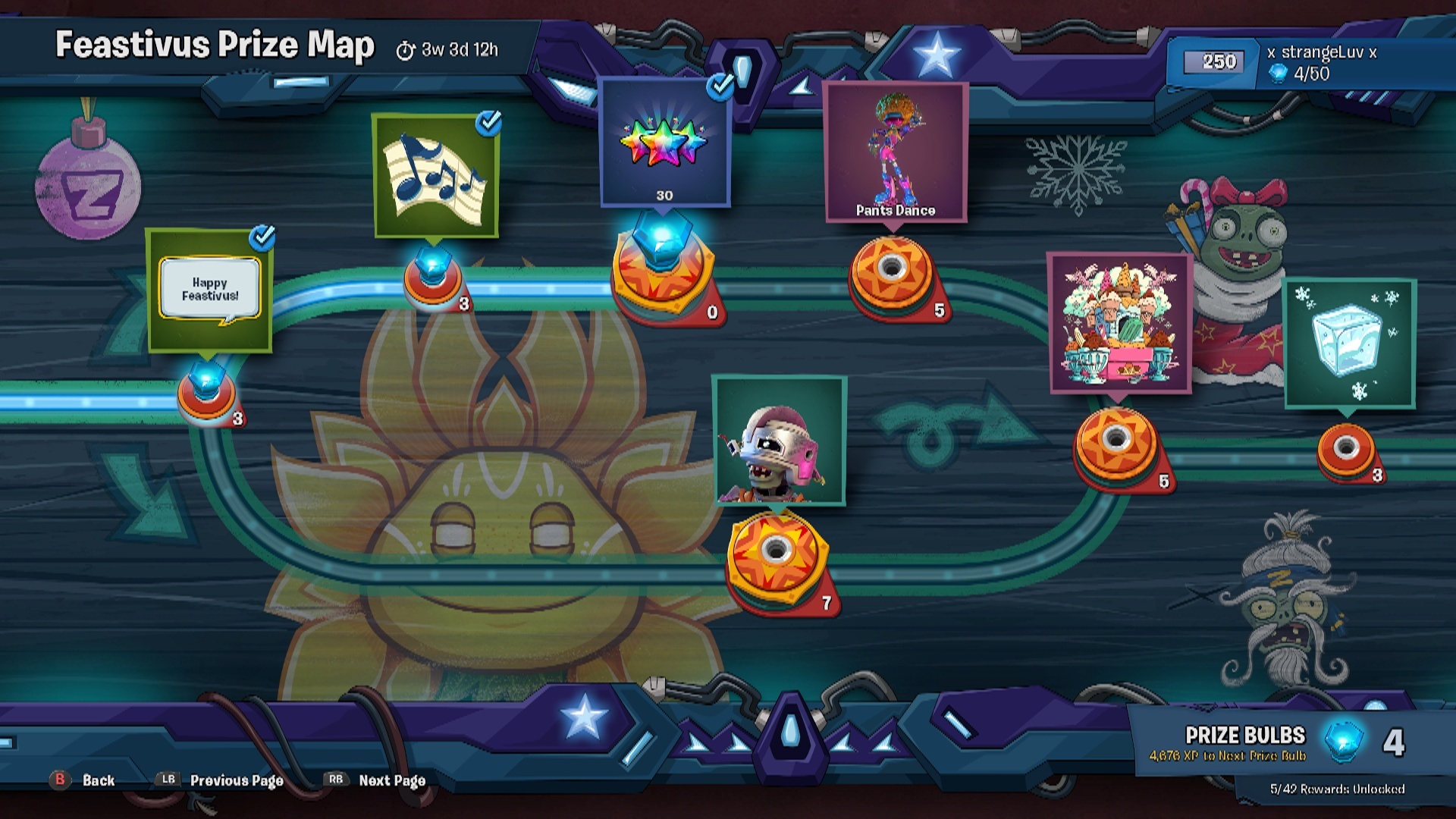Electronic Arts successfully patents a non-linear battle pass -apkrig
The battle pass system has established itself in a relatively short time as a synonym for monetizing a number of multiplayer titles and has become a viable replacement for loot boxes, from which developers are gradually leaving due to the highly controversial acceptance in many countries around the world. But nothing can stay without innovation for too long and it is therefore not a big surprise to move the battle pass to a new one level Electronic Arts is trying. Last week, she successfully registered a patent for a non-linear battle pass, through which players will receive rewards on the game board with turns and nodes, for which they will have to pay to unlock and advance. Thus, an important psychological level comes to the fore – ie the possibility of choice – thanks to which the power over the innovated battle pass is at least seemingly shifted to the player’s hands and acts less restrictively. It is worth noting that EA tried to register last year, but this May, however, the patent was approved and published.
A part of the patent documentation is also a drawing of what the game plan could look like and it is clear on it that the individual rewards will be arranged so that the player does not get it. unnecessarily much for free and at the right moments – even with the vision of other tempting free items – he had to pay at an undoubtedly carefully chosen point. If Electronic Arts or some of the internal studios apply the system, it will basically combine the two currently popular approaches, ie a completely free battle pass with basic rewards and paid with everything that its authors have prepared for the given season in the game. The funny thing about the system is that we can’t even talk about it as new and original – it has already appeared in a whole host of games in similar modifications, but it was probably never linked to the need to pay real money for individual rewards. For example, COG Connected magazine mentions Sphere Grid from Final Fantasy X and Game Rant for a change resembles a similarly functioning model of a game board from Mario Party. But even more glaring is last year’s attempt to patent and use it in the game Plants vs. Zombies: Battle for Neighborville.
 Zdroj: Electronic Arts
Zdroj: Electronic ArtsFurther in the description of the patent, the individual levels (tiers) are discussed, which are not limited to free and paid ones. In fact, there may be many more such levels, which is just another layer of a psychological game about the player’s money and an even more sophisticated and probably more enticing way to get the player to pay. However, the system also carries some risk, such as the need to balance the available content depending on the speed with which the best rewards can be obtained. While in the case of a linear battle pass it is possible to estimate the time, for example how many matches must be played, in the case of a non-linear solution into the game several possible combinations, which can also interact with each other. On the other hand, it remains relatively clear how much battle pass remains to be filled and, in addition to choosing a reward, offers a non-linear approach and the ability to skip any of the challenges if it is too difficult for players at the moment to jump to another part of the board.
Talking about which games the system could be used in would be as irrelevant as guessing which of its games Sony will port to the PC. But we can simply imagine that after testing on one or two titles, EA can use a non-linear battle pass in all its games, in which similar monetization makes sense and we would not be surprised if the system became the new standard. So, of course, knowing that other companies would have to adjust and bend it to their liking to avoid patent infringement.



